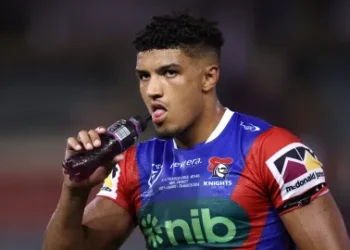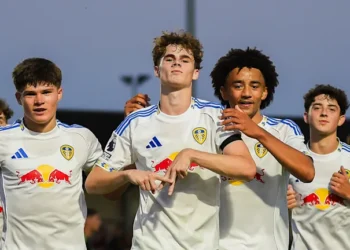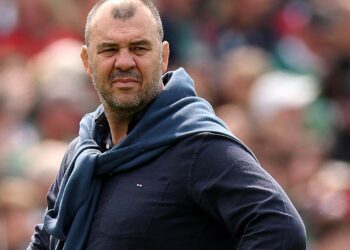The Sydney Roosters recently made a significant and difficult decision that could be seen as a major sacrifice for the team. They chose to part ways with a key player by not renewing his contract, a move that shocked many fans and analysts alike. This decision was not made lightly, as the player had been an integral part of the Roosters’ lineup for several seasons, contributing greatly to their success.
The Roosters’ decision to let go of such a valuable player stemmed from a combination of financial and strategic factors. Like many teams in the NRL, the Roosters have been navigating the challenges of the salary cap, which limits how much teams can spend on player contracts. Balancing a competitive roster while staying within the cap is always a challenge, and in this case, the team had to make a tough call. The player in question was demanding a salary that, while justified based on his past performances, would have made it difficult for the Roosters to retain other key players and invest in new talent.
Another factor in the decision was the team’s long-term strategy. The Roosters are looking to build a squad that can compete not just in the short term, but also in the future. This meant making hard choices about where to allocate resources and which players to prioritize. As much as the player had been valuable to the team, the Roosters’ management believed it was in their best interest to focus on developing younger talent and bringing in new players who fit their evolving game plan.
The emotional toll of the decision cannot be understated. The player was not only a fan favorite but also a leader in the locker room, someone who had built strong relationships with his teammates. His departure has left a void, both in terms of skill on the field and presence off the field. Fans were understandably upset, and many questioned the team’s decision-making, wondering if letting go of such a pivotal player would hurt their chances in upcoming seasons.
Despite the backlash, the Roosters’ leadership stood by their decision, emphasizing that it was made with the team’s long-term success in mind. They acknowledged that sacrifices are sometimes necessary to ensure the future stability and competitiveness of the team. This was one of those situations where the team had to make a difficult trade-off between holding on to past success and building toward future victories.
In conclusion, the Sydney Roosters made a significant and painful sacrifice by choosing not to re-sign a key player. The decision was driven by salary cap constraints and a desire to focus on the future of the team, even though it meant losing a fan favorite and a leader. While it was a tough call that has sparked debate among fans, the Roosters hope that this move will ultimately position them for long-term success.









